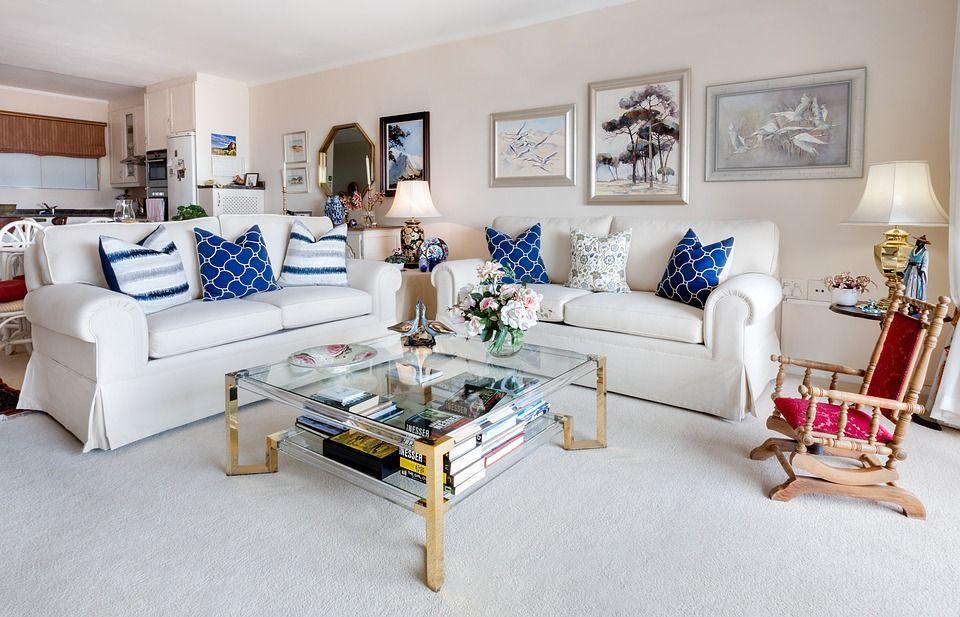Senior living options over the past decade have expanded, giving seniors more choices about where to live. The communities themselves are also evolving, offering more amenities, higher-end décor, and concierge services to cater to a senior’s wants and desires. Shiny new complexes and face-lifted older properties are becoming more prevalent, raising the demand and expectations of the older, more discriminating consumer. But all of these perks can come with a lofty price tag, with conventional Independent Living Communities averaging around $2500/mo (typical range is $1000 – $4000). These luxury-oriented lifestyles can wear through a senior’s money very quickly, especially when there isn’t much money to work with.
Solutions For Low-Income Senior Residents
So what about those senior residents who can’t afford it? In 2016 the U.S. Census reported that more than 7.1 million senior adults lived in poverty, and that number is expected to steadily rise over the next decade. And as a senior age, the likelihood of poverty gets greater, not less. So an impoverished senior’s circumstances can decline and become quite concerning over time.
So, does it mean that if a senior citizen is of a lower financial standing nicer amenities are out of reach? Not at all! The good news is that funding was granted to non-profit community developers by the Department of Housing and Urban Development (HUD) to assist them with the cost of constructing Affordable Senior Communities for low-income seniors who are low-income. These low-cost Senior Apartments are also referred to as Section 202 Apartments for the Elderly.
Section 202 is a section within HUD’s Section 8 program for persons in low-income households to receive a reduced rate for their Senior Housing. The portion of the rent that the elderly resident has to pay is typically 10% – 30% of their monthly income. However, unlike other Section 8 programs, Section 202 Affordable Senior Apartments do not require enrollment through the HUD Voucher Program. Interested residents only need to contact one of the Section 202 properties directly to become instantly qualified.
Special Services to Help Manage Low-Income Seniors
These Affordable Senior Apartments have amenities very comparable to other Independent Living Communities like beauty salons, game rooms, exercise classes, and even safety call buttons. But by far one of the biggest perks of these extraordinary senior apartment complexes is that many of them employ a full-time Senior Services Coordinator on site. A Service Coordinator assists senior residents by helping them to identify, locate, and acquire supportive services such as home help, legal assistance, transportation, health care, home-delivered meals, and money management services. The Service Coordinator can also help residents apply for Social Security, SSI, VA benefits, Medicare/Medicaid, and other programs. Service Coordinators can also organize wellness clinics and educational programs on issues like diabetes, nutrition, depression, or similar.
For those families that have busy work schedules or aren’t near the senior, the Service Coordinator can be an aid the family can rely on. That, in combination with safety procedures and equipment, accessibility features, and social activities on site can help the family to manage the senior’s daily life without having to dedicate quite as much time to the senior. And while it is important to engage in the senior’s life often, families can be easily overwhelmed and lives can be thrown out of balance when the time needed to care for a Senior loved one is all-consuming.
Getting With The HUD Section 202 Program
For more information about HUD Section 202 Affordable Senior Living Apartments, just search Senioridy and find an apartment that you would like information about, then contact that apartment directly to become qualified. Qualified residents must be at least 62 years of age and meet HUD’s Minimum Income Levels (check here to find your income limits). If the Section 202 Apartment’s management determines that you are qualified you will, most likely, be placed on a waiting list. If you are in a hurry you may have to contact several Low Income Apartments to get your name on many lists because it can take a little while for an apartment to become available.

